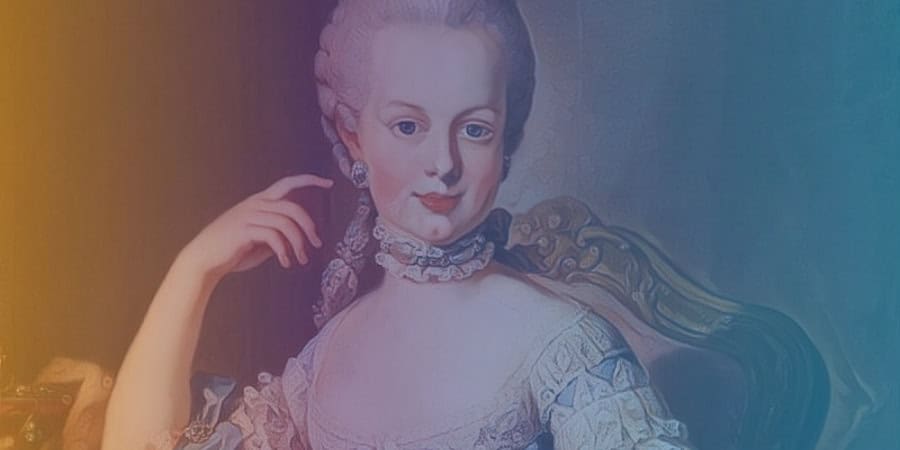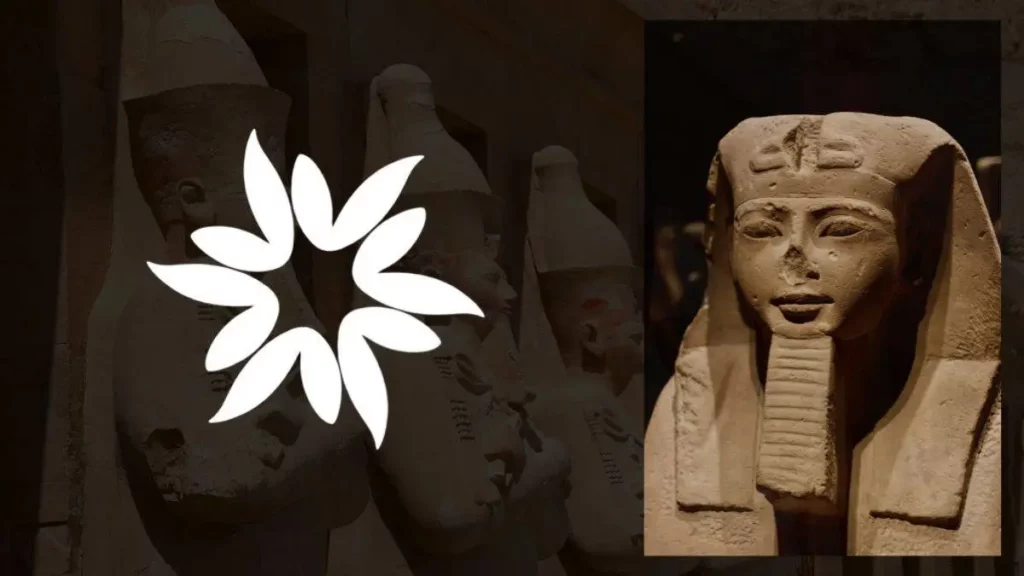Key Takeaways
- Recent examinations of Marie Antoinette's personal letters dispel the myth of the callous and indifferent queen often portrayed in popular culture.
- Marie Antoinette faced numerous challenges as queen, including public opinion, gossip, and pressure to provide an heir for the French crown.
- The survival of her letters allows us to gain a clearer understanding of her life, from her upbringing as a daughter of Holy Roman Emperor Francis I and Empress Maria Theresa to her struggles to adapt to French court life and her efforts to protect her family and people during the French Revolution.
- Marie Antoinette's correspondence reveals her intelligence, political acumen, and determination to fight for her family and her people.
- The real Marie Antoinette is a complex, multifaceted figure who defies the simplistic portrayals that have long dominated her legacy.
Dispelling the Cake Myth
Marie Antoinette, known for her infamous and apocryphal quote, “Let them eat cake,” has been the subject of many myths and legends over the years.
However, recent examinations of her personal letters reveal a woman who was far from the callous and indifferent queen portrayed in popular culture.
Her correspondence provides insight into her life and the challenges she faced, as well as her thoughts and emotions during her reign as the queen of France.
A Royal Beginning
Marie Antoinette, born Maria Antonia in Vienna on November 2, 1755, was the 15th of 16 children of Holy Roman Emperor Francis I and Empress Maria Theresa.
Her mother, a shrewd diplomat, arranged marriages for her children to strengthen her alliances. As a result, Maria Antonia was sent to Versailles at the age of 14 to marry the dauphin, heir to the French throne.
Upon her marriage, she adopted the French name Marie Antoinette and became queen less than five years later.
The Struggles of a Foreign Queen
Marie Antoinette faced numerous challenges as queen. Public opinion varied, with some praising her beauty and kindness while others accused her of meddling in politics and favoring Austrian interests.
Despite her lack of official power, she cultivated a strong image of queenship and became a fashion icon.
She chose friends based on affection rather than social status, but this made her the target of malicious gossip and false rumors about her personal life.
A Mother’s Influence
Empress Maria Theresa, Marie Antoinette’s mother, maintained a vast letter-writing network and was not hesitant to reprimand her children, even after they became adults.
Marie Antoinette, not a natural letter writer, often struggled to fulfill her mother’s demand for regular correspondence.
Maria Theresa was particularly concerned with her daughter’s ability to provide an heir for the French crown, and Marie Antoinette’s letters reveal her distress at the pressure placed upon her.
Empress Maria Theresa, Marie Antoinette’s mother, maintained a vast letter-writing network and was not hesitant to reprimand her children, even after they became adults.

Adapting to French Court Life
Marie Antoinette found many aspects of French court life confusing and difficult to adapt to, especially the more rigid etiquette and the use of makeup.
She expressed her discomfort with these customs in her letters, but her mother insisted that she follow them while also maintaining loyalty to her Austrian heritage.
The Turmoil of the French Revolution
Marie Antoinette’s letter-writing skills truly shone during the French Revolution, a time when her life and her family’s were in great danger.
She used her correspondence to establish political connections and garner support from foreign powers in an effort to protect the French monarchy.
Her letters from this period demonstrate her intelligence and political acumen, even though she had not received a formal political education.
Facing Tragedy and Loss
The queen’s personal life was marked by the premature deaths of two of her children, which deeply affected her.
Marie Antoinette’s letters from this time reveal her grief and pain, as well as her determination to protect her remaining children.
A Legacy Preserved in Letters
The survival of many of Marie Antoinette’s letters allows us to gain a clearer understanding of who she was as a person and a queen.
Her correspondence traces her development from a teenager living in fear of her mother’s disapproval to a strategist who fought for her family and her people, even as her world crumbled around her.
The real Marie Antoinette is a complex, multifaceted figure who defies the simplistic portrayals that have long dominated her legacy.








